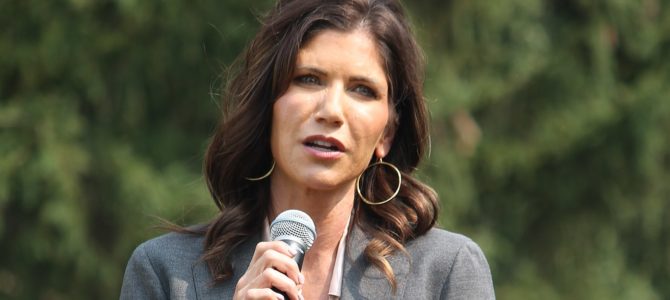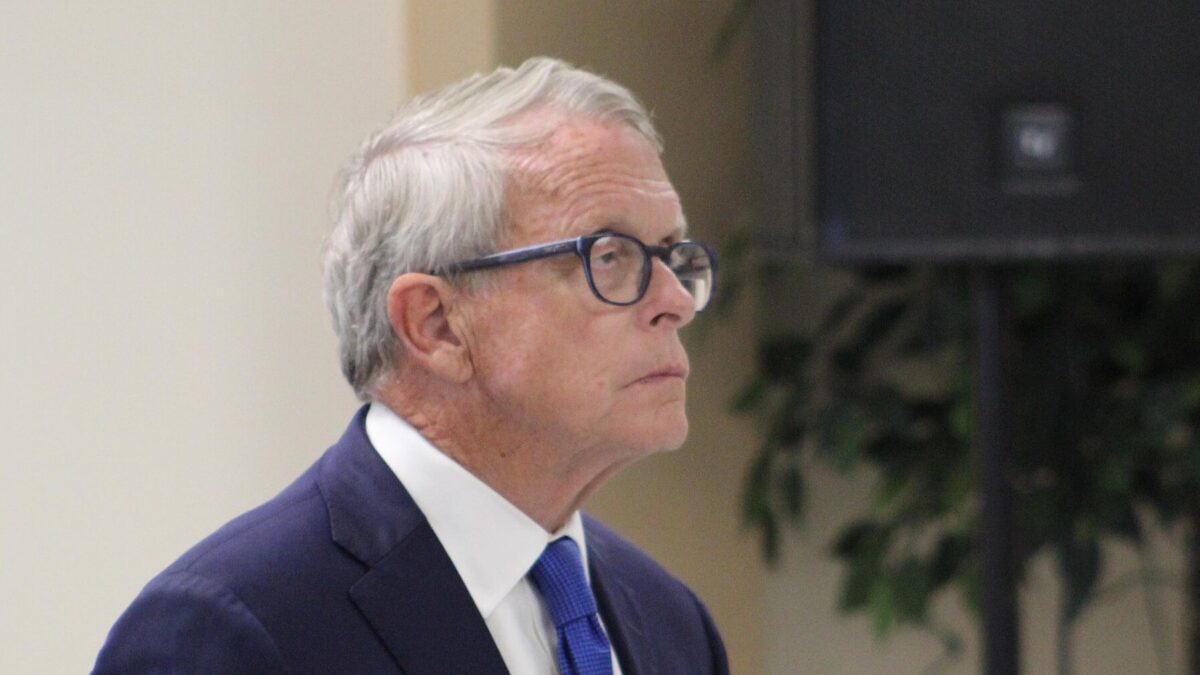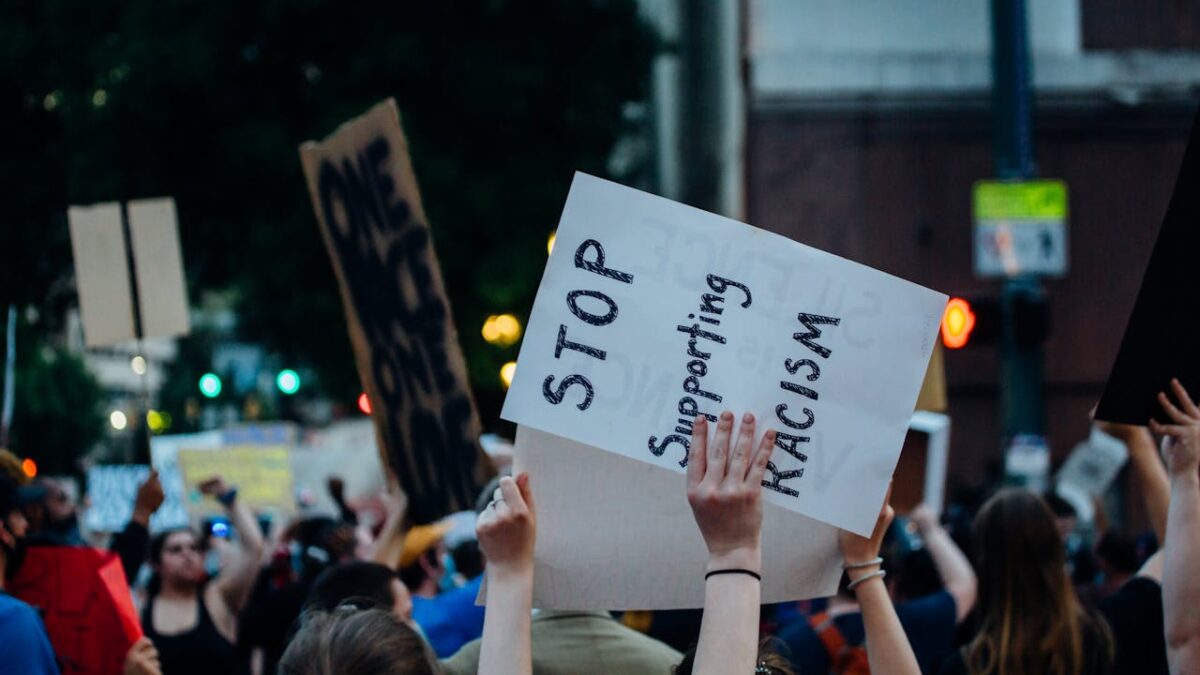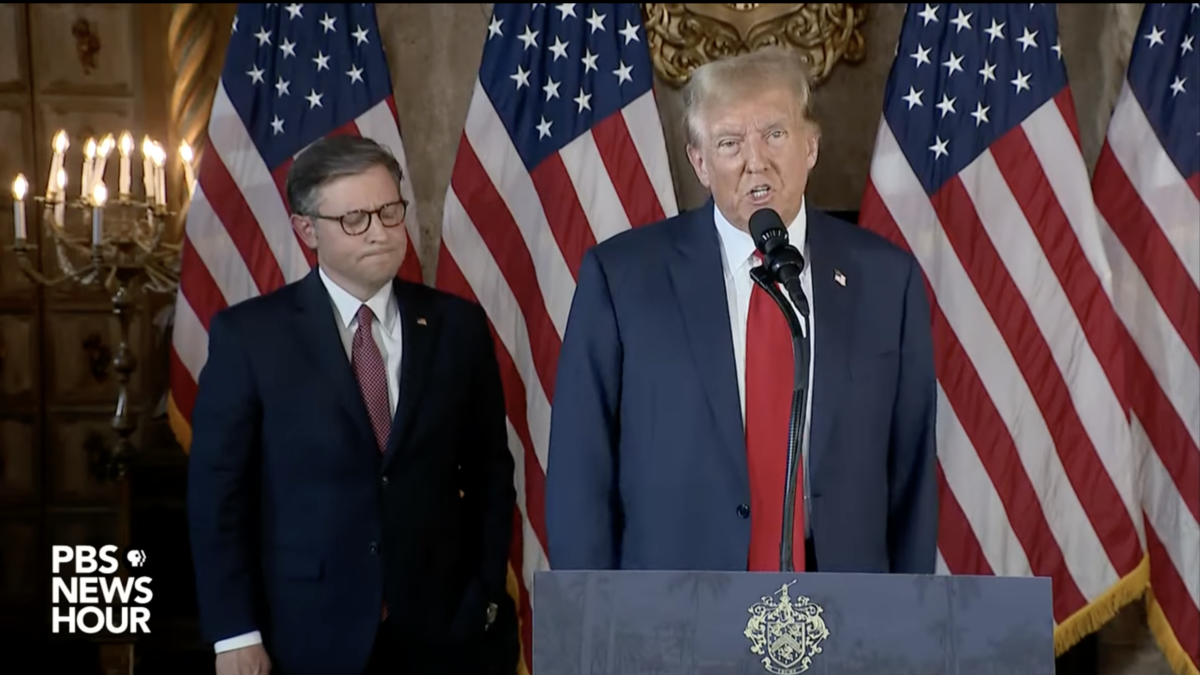
South Dakota legislators have introduced a bill that would prohibit businesses from requiring proof of COVID-19 vaccination from employees and patrons. But the 2021 session has already adjourned, and Gov. Kristi Noem has so far failed to call a special session (or expand the redistricting session coming in November) to allow the legislation to pass.
“No person shall be subjected to any disciplinary action; being terminated, demoted, or losing employment status in any way; loss of student status, including status in a particular study program; nor shall any person be denied access to any business premises as a result of his or her decision to decline to receive a COVID-19 vaccination on the basis of conscience,” the bill draft states.
It’s time to pass the COVID-19 Vaccine Freedom of Conscience Act. People’s right to determine when & if to get this vaccine must be protected. Should not have to choose to give up a career or college because of it! pic.twitter.com/68Yxh54oC9
— Scott Odenbach (@ScottOdenbach) August 18, 2021
Like similar bills in Montana and Florida, this bill would prohibit private companies from firing or refusing service to unvaccinated employees and customers, opening the door to lawsuits against businesses that don’t comply. Noem signed an executive order in April prohibiting government entities from mandating vaccine passports but has actively spoken out against the idea of protecting vaccine-hesitant employees from business mandates.
“Workers whose employers are mandating a vaccine for continued employment have the power to say no,” Noem tweeted in July, noting their “option to find a new employer.”
Workers whose employers are mandating a vaccine for continued employment have the power to say no. Our robust economy and job market gives them the option to find a new employer that values personal choice and responsibility, and doesn’t force mandates on their employees.
— Kristi Noem (@KristiNoem) July 31, 2021
In response to recent calls from conservative lawmakers to convene a special session to pass the vaccine passport ban, Noem spokesman Ian Fury simply said: “The governor has not heard a widespread call for a special session on this topic. She’ll keep an open mind if the circumstances change.”
But Rep. Jon Hansen, the South Dakota House Speaker Pro Tempore and one of the bill’s sponsors along with Rep. Scott Odenbach, said action from Noem is crucial. “We need a law passed to protect these people, and the only way to do that is through a special session called by the governor,” he told The Federalist.
Two-thirds of both houses can also vote to call a special session, but Hansen said getting that many votes is impossible. “I think we can get majority support to pass the bill, but we’ll never get two-thirds to call a special session.”
There’s also a special session scheduled on Nov. 8 for redistricting, but expanding that to include other issues such as vaccine passports would also require action from the governor or two-thirds of both chambers.
Even if that session were expanded, Hansen said, “that would be better than nothing, but some of these corporations are requiring people to get vaccinated by Nov. 1, so for all of those people that special session would be too late.” Sanford Health, the largest company headquartered in South Dakota, announced in July that it would require employees to be vaccinated by the first day of November.
If Noem refuses to let the legislature consider the vaccine passport ban in a special session, legislators may introduce it when the 2022 session begins in January. “If companies or governments are still mandating that people who don’t take these vaccines will be fired, I’ll absolutely introduce the bill in the regular legislative session,” Hansen said.
“I sincerely hope Gov. Noem will help these people and help us pass this law as soon as possible,” he added. “These workers need our help. They’re asking for it, and we need to be there for them.”
Noem’s office did not respond to The Federalist’s request for comment by press time.
UPDATE:
In response to a comment request from The Federalist, Gov. Noem insisted “Conservatives should always be opposed to big government.” Her spokesman, Ian Fury, added: “Our system does not allow [the governor] to dictate that private businesses require or not require vaccinations of their employees – nor does she have the authority to shut them down.”
“Businesses that choose to require vaccinations should do so with full knowledge that their employees – and future workers – may have other choices elsewhere,” Fury said. “And for their part, workers at all levels should understand that during their careers they may face hard choices about whether the requirements of an employer are consistent with their own beliefs.”
Rep. Scott Odenbach, one of the bill’s co-sponsors, dismissed the argument that the vaccine passport ban amounted to government overreach. “My answer to the people arguing this is big government is, ‘you folks would think the Bill of Rights is big government then’,” he said. “There are thousands and thousands of freedom-loving people watching what’s unfolding with quiet desperation and wondering if anyone’s going to stand up for them, and we need to start doing that.”









